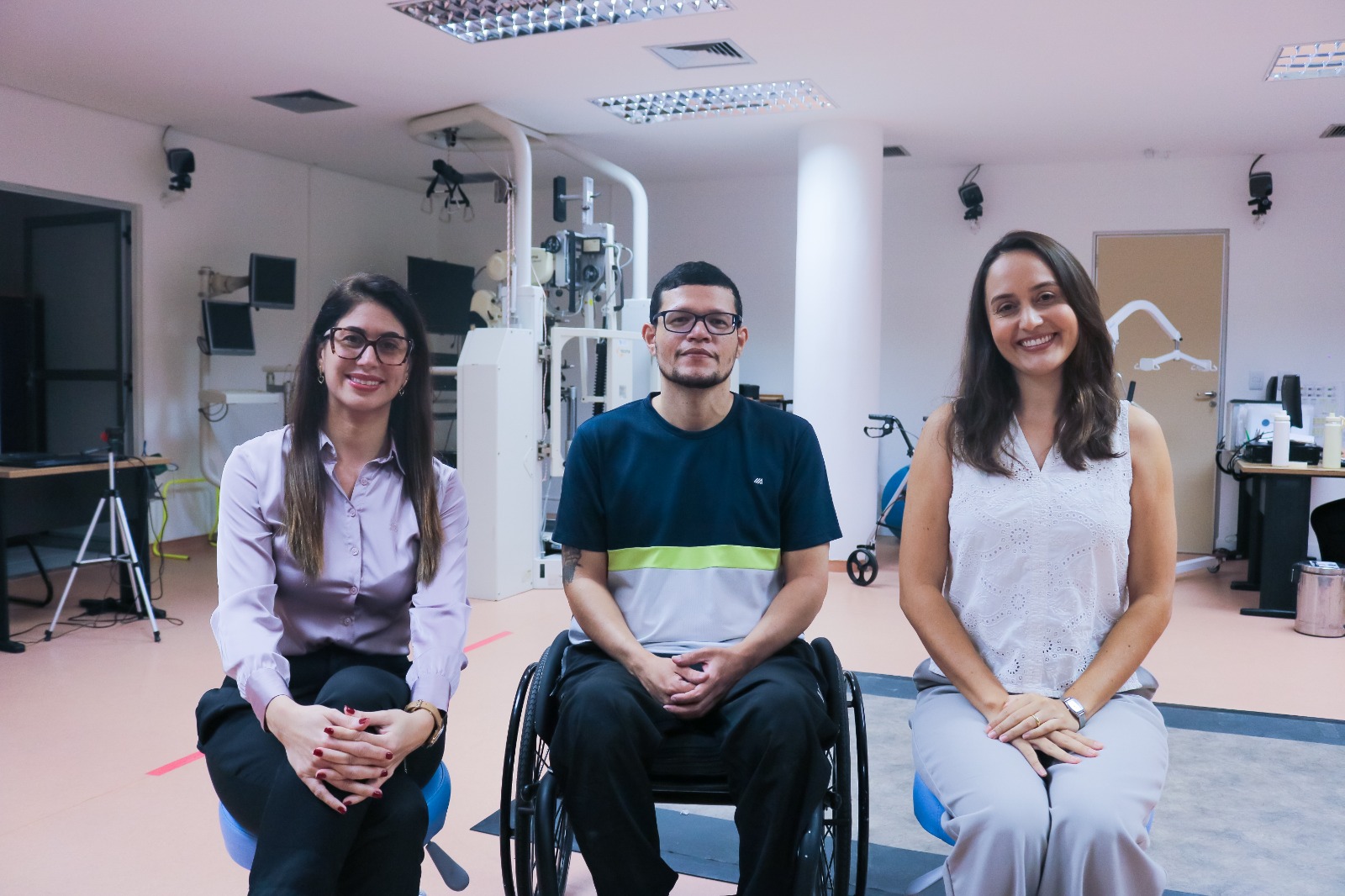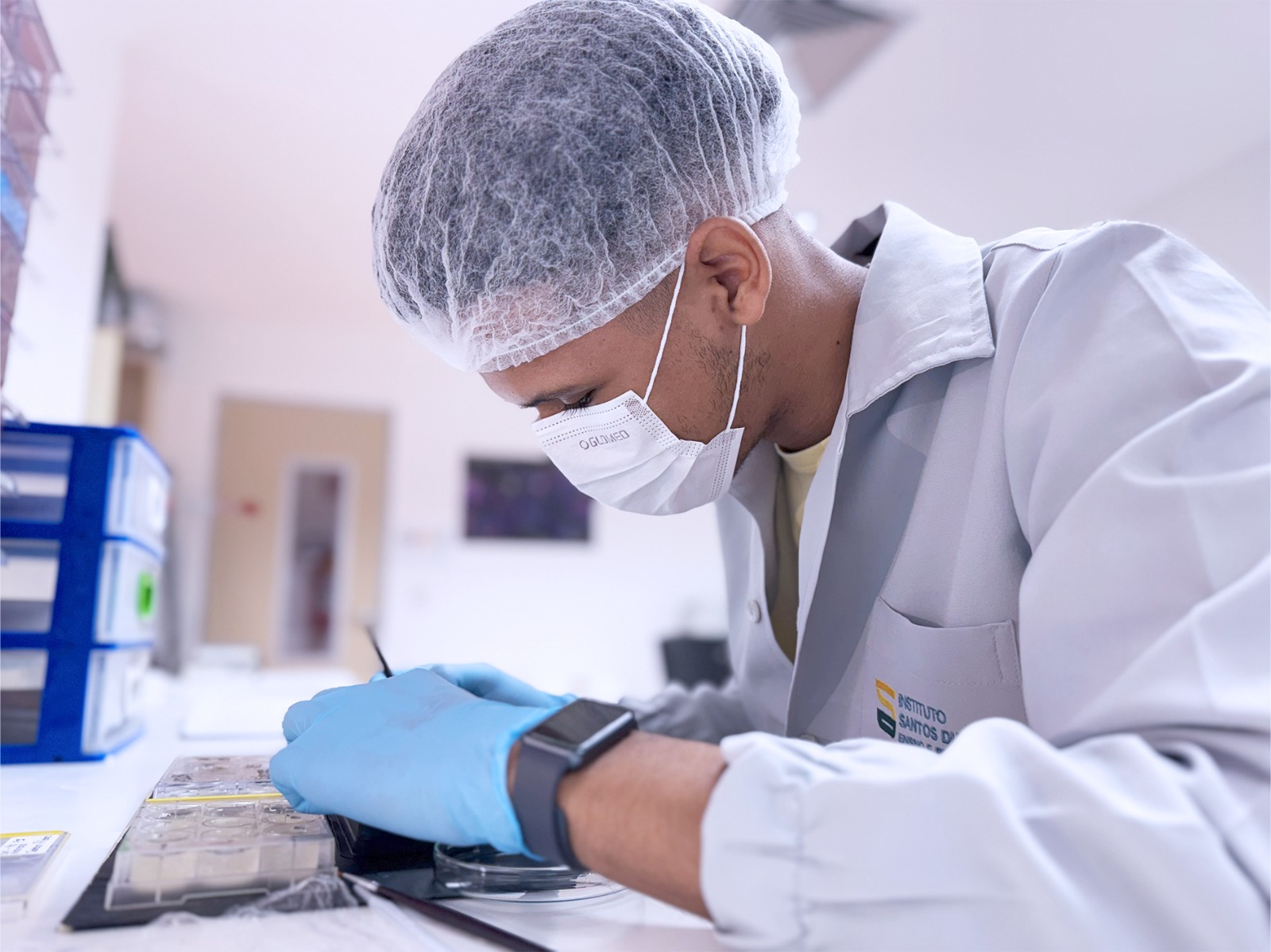The International Institute of Neurosciences Edmond and Lily Safra, from the Santos Dumont Institute (IIN-ELS/ISD), has been offering since 2013 the only master's degree in neuroengineering in Brazil. Below, check out the answers to the most frequently asked questions about the course.
No, the Master's in Neuroengineering is 100% free.
No, the Master's degree is in-person and cannot be taken remotely.
PPGN selection processes open twice a year: the first between May and June and the second between November and December. Stay tuned to our social media to stay up to date with the latest openings and process stages.
The selection process is aimed at candidates holding a bachelor's degree in biology, engineering, exact sciences, or health. Positions outside this scope will be rejected.
Please note that each call for applications may have more or less restrictions on the number of applications accepted. Please check your current call for details.
Candidates who do not yet have a diploma of completion but are in the status of graduates must be able to prove, by means of a document issued by their home university, up until the time of pre-enrollment for those approved, that they are able to complete the course.
graduation until the last day of the month prior to the start of activities, in addition to informing the probable graduation date.
The Master's student in Neuroengineering at IIN-ELS develops skills in multidisciplinary areas that integrate neuroscience and engineering methods to study the functioning of the nervous system and develop solutions for the limitations and dysfunctions associated with this system. Among the competences developed by the master's students at the IIN-ELS, we can mention the construction of microelectrode arrays, stereotactic surgery, electrophysiological recording, histological and immunohistochemical analysis, analysis and processing of neural signals, virtual reality systems, Lokomat and ZeroG in the rehabilitation of patients , prototyping, invasive and non-invasive stimulation, among others.
The professional with a master's degree in neuroengineering can work in numerous areas that encompass aspects of experimental, computational, theoretical, clinical and applied research at molecular, cellular and systems levels. areas such as brain-machine interface, neuromodulation, computational neuroscience and signal processing, rehabilitation, brain-brain interface, prostheses and orthoses, biocompatibility, neurodegenerative diseases, microcephaly, psychiatric diseases and cognition, among others, as well as continuing their studies in areas of neurosciences and teaching in educational institutions.
The deadline for qualifying scholarship students is up to 1 (one) year after enrolling in the master's program. Students who do not intend to apply for the scholarship can qualify within 18 months of enrolling in the master's program. For all students, the defense of the master's degree must occur, without fail, up to 2 (two) years after entering the master's degree.
The IIN-ELS Graduate Program offers scholarships according to the availability of research funding agencies and other sources of funding. When available, scholarships are allocated in accordance with the PPG IIN-ELS scholarship charter.
IIN-ELS fellows must not have an employment/functional relationship, even if of an academic nature, with perception of remuneration, in the same metropolitan region or municipality where the PGIIN-ELS is located. For more details, consult the Institute's scholarship regulation.
The academic profile of the master's student is identified during the selection process, considering their skills and interests. After the start of activities, master's students are allocated to projects in progress and the availability of advisors, based on this established profile.
Students of the Master's in Neuroengineering at IIN-ELS can use all the infrastructure present in the Santos Dumont Institute's units to develop their research and education functions. Activities usually take place between 08:00 and 17:00. Scholarship students must dedicate themselves exclusively to the Program.
ISD provides free public transportation between Natal and Macaíba for its students and employees. Contact the Secretariat for Research and Graduate Studies (SPPG-IIN-ELS) for details of timetables and routes. There are also options for vans and buses from the municipal transport system of Macaíba and Natal. See the city hall page for more information.
Regarding food, the ISD does not have a cafeteria, but several delivery services are available to bring food to the Institute. Downtown Macaíba is nearby and also offers food options. The ISD provides free public transportation between its research and health centers and downtown Macaíba during lunchtime. Finally, the IIN-ELS has a small kitchen with a refrigerator and microwave, which can be used for self-catering.
All Master's students are required to present proof of English proficiency prior to completing the Master's.
The following will be accepted:
- Certificates with a score of 5.5 in the International English Language Testing System (IELTS) or equivalent;
- Certificates of scores equivalent to level A2 or higher in the exams listed in
Common European Framework of Reference for Languages (CEFR – Council of Europe); - Proficiency certificates issued by HEIs recognized by the MEC or its Foundations,
with a score equal to or higher than 70% or with an approved result as provided for in
announcement of the respective exam.
Certificates equivalent to those listed in the common European frame of reference.
Certificates of exams performed within 5 years prior to the defense will be accepted.
Yes, one of the goals of the IIN-ELS is to promote a PhD program in Neuroengineering. The Institute has sought to meet the requirements of the Coordination for the Improvement of Higher Education Personnel (Capes) for the opening of this program. Currently, students from other institutions can develop part of their doctoral project in partnership with the IIN-ELS. Consult SPPG IIN-ELS for details.








